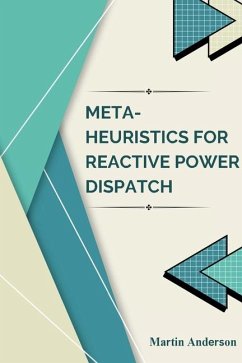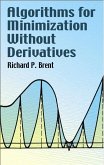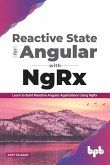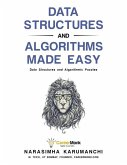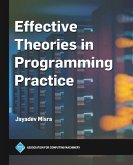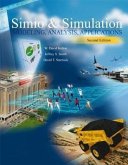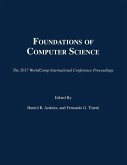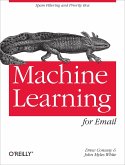Reactive power dispatch is a critical issue in power systems, and finding the optimal solution for it is essential to improve the system's performance. Meta-heuristic algorithms have been widely used to solve the reactive power dispatch problem, which is a complex, nonlinear, and non-convex optimization problem. In this context, V. Suresh has conducted research on meta-heuristic algorithms for reactive power dispatch optimization. The main objective of the research is to develop efficient meta-heuristic algorithms that can find the optimal solution for reactive power dispatch in power systems. The algorithms are designed to control the voltage and power flow in the system, which are essential for maintaining the system's stability and reliability. The research focuses on various meta-heuristic algorithms such as swarm intelligence, genetic algorithms, simulated annealing, tabu search, ant colony optimization, harmony search, differential evolution, artificial bee colony, grey wolf optimizer, cuckoo search algorithm, firefly algorithm, bat algorithm, gravitational search algorithm, teaching-learning based optimization, and flower pollination algorithm. These algorithms are based on different search strategies, such as global search, local search, and hybrid search. The algorithms are tested on different power systems and compared with each other based on the optimization criteria such as convergence rate, computation time, and solution quality. The research also considers the integration of renewable energy sources and distributed generation into the power system. The optimization of reactive power dispatch in the presence of these sources is challenging, as they introduce new variables and uncertainties into the system. To overcome this challenge, the research incorporates machine learning techniques such as neural networks, fuzzy logic, expert systems, and decision support systems. These techniques can learn from the system's historical data and provide accurate predictions and recommendations for reactive power dispatch. The research also addresses power quality issues such as voltage stability and transient stability. The optimization of reactive power dispatch can improve the system's stability and prevent voltage collapse and other power quality issues. In conclusion, the research conducted by V. Suresh on meta-heuristic algorithms for reactive power dispatch optimization has significant implications for power systems' stability, reliability, and performance. The use of efficient meta-heuristic algorithms and machine learning techniques can improve the system's operation and reduce the energy cost.

